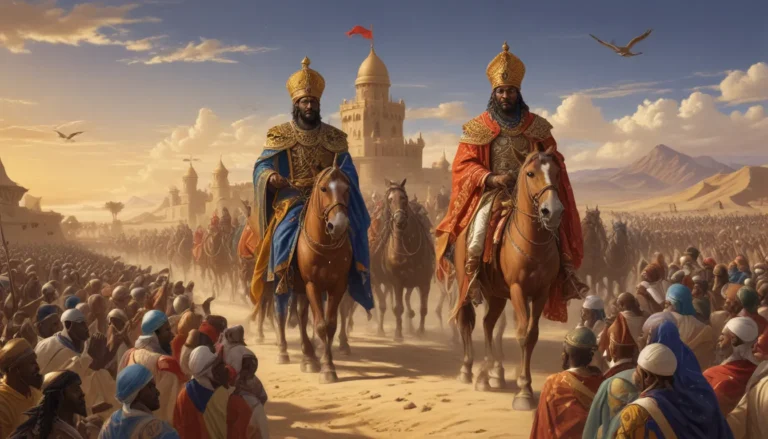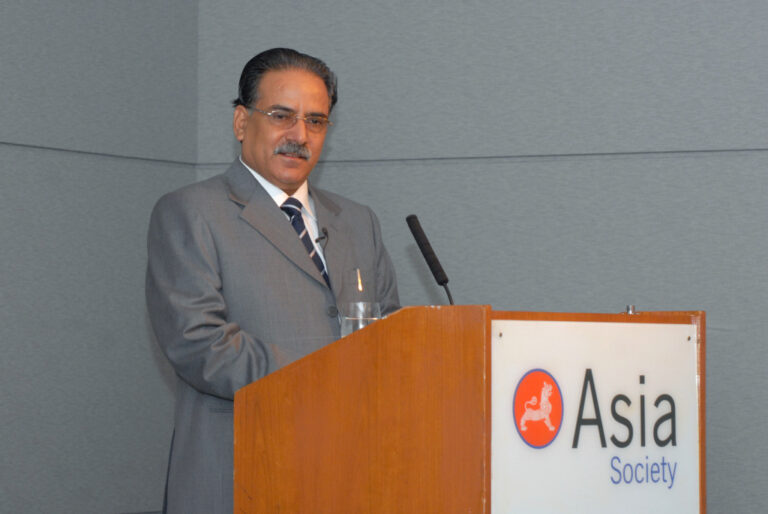The images in our articles may not match the content exactly. They are used to grab your attention, not to show the exact details in the text. The images complement the text but do not replace it.
Welcome to the captivating world of E.H. Carr, a renowned British historian whose groundbreaking ideas have revolutionized the study of history and international relations. Edward Hallett Carr, fondly known as E.H. Carr, has left an indelible mark on the field of historiography with his insightful analysis and critical examinations of historical events. In this article, we will delve into the fascinating life and work of E.H. Carr, uncovering ten unbelievable facts that showcase his extraordinary contributions to the realm of historical studies.
The Remarkable Life of E.H. Carr
E.H. Carr, born Edward Hallett Carr on June 28, 1892, was a celebrated British historian known for his significant contributions to the field of international relations. His expertise in Soviet history and foreign policy earned him widespread recognition among scholars and historians. Carr’s intellectual prowess and critical analysis of historical events have established him as a prominent figure in the study of history.
Carr’s Seminal Works in International Relations
One of E.H. Carr’s most influential works is his book “The Twenty Years’ Crisis: 1919-1939,” a critical examination of the failure of international cooperation during the tumultuous interwar period. This seminal work has shaped the way scholars and students understand the complexities of global politics and diplomacy. Carr’s in-depth analysis of Soviet foreign policy challenged prevailing narratives and shed new light on the motivations and actions of the Soviet government.
Challenging Conventional Views of History
A key aspect of E.H. Carr’s philosophy was his belief that history is not an objective truth but rather a subjective interpretation influenced by the historian’s perspective and biases. This concept of historical relativism revolutionized the study of history, emphasizing the importance of understanding historical events within their specific context. Carr’s insistence on historical context and interpretation has had a profound impact on how we analyze and interpret historical events.
Critique of Idealism in International Relations
E.H. Carr was a vocal critic of the idealist approach to international relations, which espoused the belief that moral principles and good intentions could guide diplomatic relations. Carr advocated for a more realistic and pragmatic approach to international politics, emphasizing the role of power and sovereignty in shaping global affairs. His critique of idealism continues to resonate with contemporary thinkers and policymakers.
Legacy and Impact on Historical Studies
E.H. Carr’s legacy transcends his lifetime, with his works continuing to be widely studied and referenced in the field of history. His emphasis on the importance of power, sovereignty, and historical context in shaping international relations has had a lasting impact on how scholars and policymakers analyze global affairs. Carr’s unique insights and intellectual prowess have made him an invaluable figure in the study of history and international relations.
FAQs: Unraveling the Mysteries of E.H. Carr
Q: Who was E.H. Carr?
A: E.H. Carr, born Edward Hallett Carr, was a prominent British historian, diplomat, and international relations theorist who made significant contributions to the field of historical studies.
Q: What are some of E.H. Carr’s notable works?
A: E.H. Carr’s notable works include “The Twenty Years’ Crisis,” “What Is History?,” “The Bolshevik Revolution,” and “The New Society,” all of which explore various aspects of history and international relations.
Q: How did E.H. Carr contribute to the field of international relations?
A: E.H. Carr made significant contributions to the field of international relations by critiquing idealism and emphasizing the role of power in shaping diplomatic relations.
Q: Why is E.H. Carr considered an important figure in history?
A: E.H. Carr is considered an important figure in history due to his groundbreaking contributions to the study of international relations and his emphasis on historical context in analyzing historical events.
Q: How has E.H. Carr’s work influenced contemporary thinking?
A: E.H. Carr’s work has influenced contemporary thinking by challenging conventional wisdom and shaping how scholars and policymakers understand and analyze international relations in today’s complex world.
E.H. Carr’s legacy as a pioneering historian and international relations theorist continues to inspire generations of scholars to seek a deeper understanding of the complexities of the world we live in. His critical analysis of historical events and his emphasis on power and historical context have established him as a seminal figure in the study of history. Join us on a journey through Carr’s captivating world of historical scholarship and discover the profound impact he has had on our understanding of global affairs.






